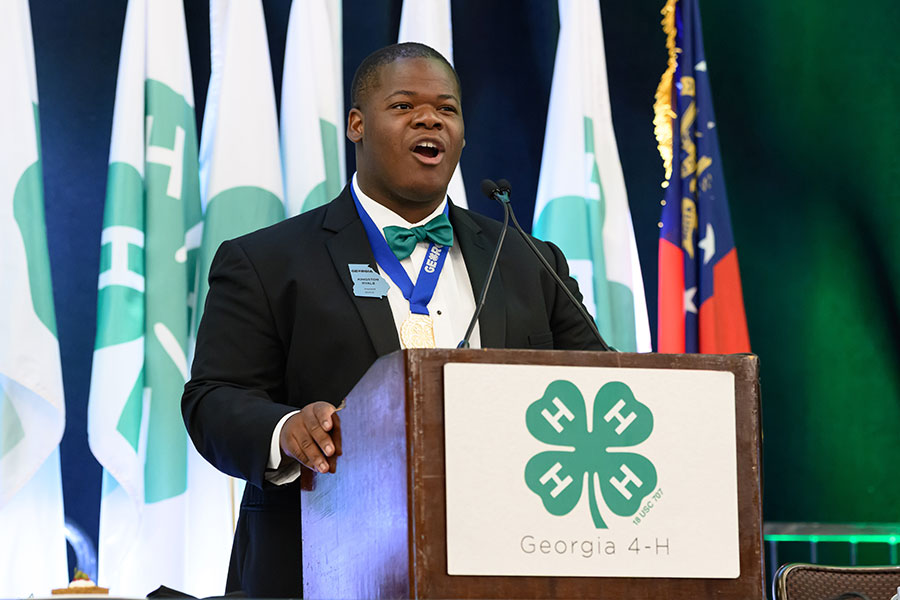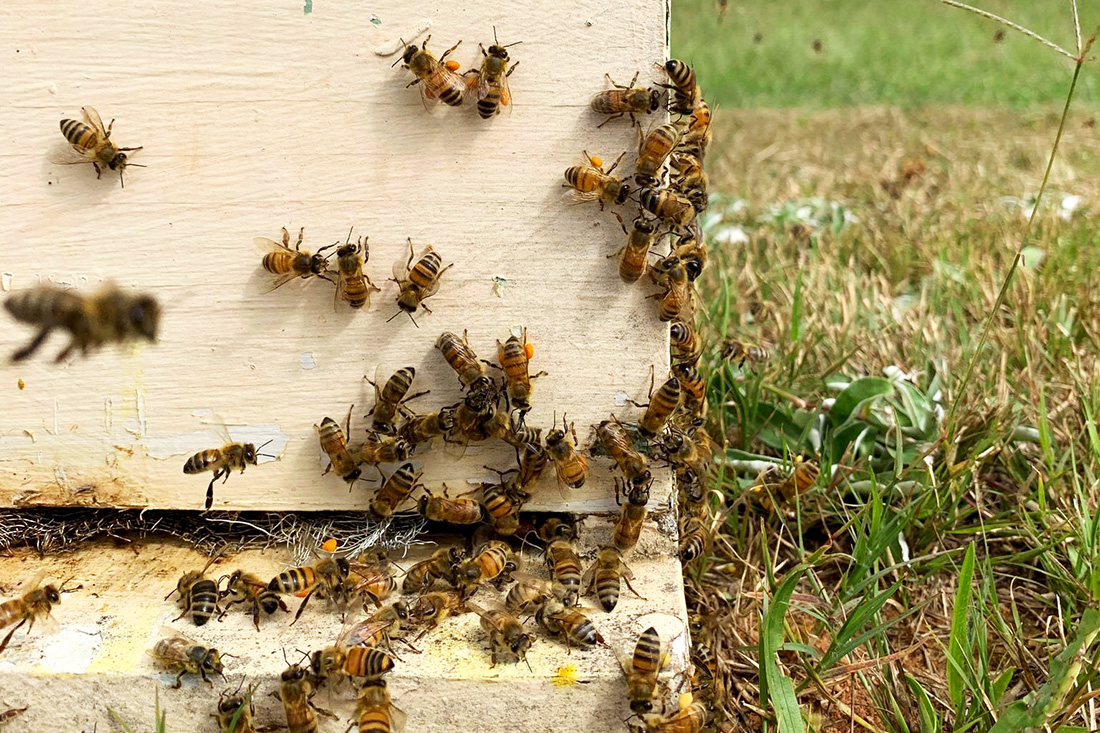By Mike Isbell
University of Georgia
My dad always had a garden about as big as a football field. And believe me, it almost took a football team to look after it.
Our garden was next to a creek about a quarter of a mile below the house. Dad would load the farm wagon behind the old Allis Chalmers tractor with transplants and seeds, hoes, rakes, buckets and sacks of fertilizer, and my whole family would head to the garden.
Of course, with all of us down at the garden, that meant nobody would be back up at the house. So if I ever heard the dogs barking, I'd try my best to talk my dad into letting me go back up to the house to "see what the dogs are barking at."
It worked for me the first few times I tried it, but then Dad figured out I was just trying to get out of working in the garden.
My kind of garden
A small garden -- now, that's what I want. A small garden can be quite productive.You may not have the ideal garden spot, but you can still have fresh vegetables if you have a narrow fence line, a driveway border or a tiny piece of land. Many plants need very little land, especially if it's a plant that can be trellised.
Once you're convinced you can have a small garden, you need to do some planning before you plant, so you can use all the available space wisely. If your space is very limited, just grow those vegetables you like the best.
In my case, that would be green beans, okra, pepper and tomatoes.
Double up
You can use the land for more intensive gardening if you double crop. When one thing fades, tear it out and put in something else right away. You can plant many vegetables right now for your first crop.Early-season crops include broccoli, cabbage, lettuce, carrots, garden peas, radishes, Irish potatoes and all kinds of greens.
One of your first jobs will be to prepare the soil. And the best tool for this is your neighbor's motorized garden tiller. If your neighbor does not have a garden tiller, then suggest he buy one.
(Mike Isbell is the Heard County Extension Coordinator with the University of Georgia College of Agricultural and Environmental Sciences.)






